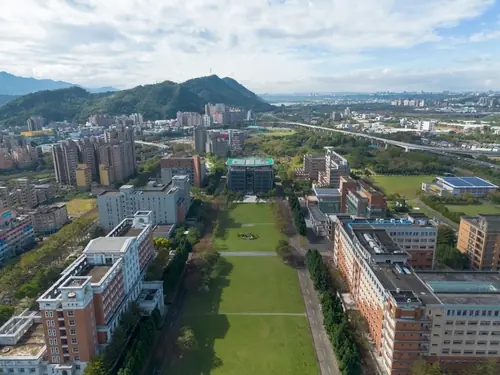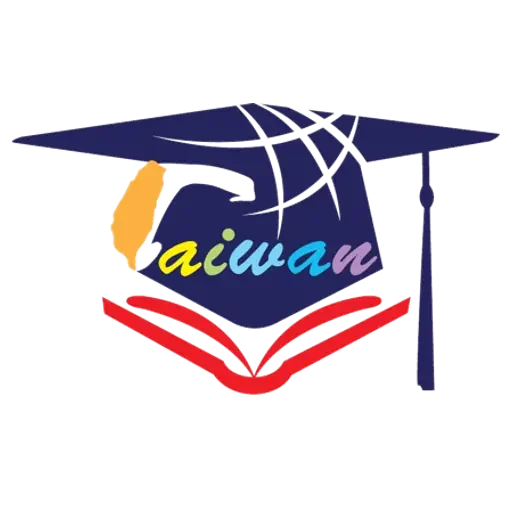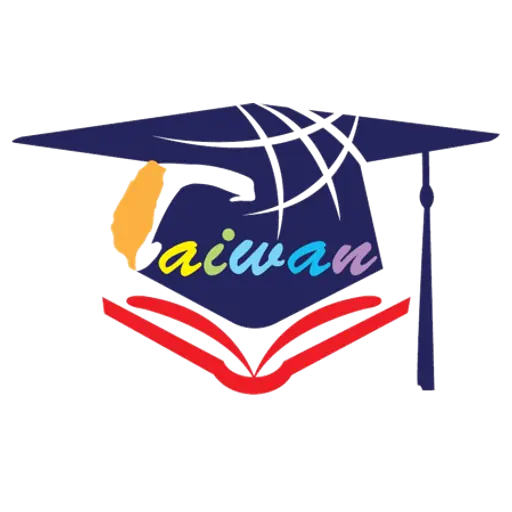Study in Taiwan: Comprehensive Guide for Overseas Chinese Students

Taiwan is becoming an educational center. Universities are climbing the QS World University Rankings and providing several English programs. Study in Taiwan offers a unique mix of quality education, where the government spends 983.4 billion NT$ on education. It shows its dedication to academic success. Taiwan’s rich culture and low living and tuition costs also attract overseas students. This setting integrates traditional values with current innovation for a suitable learning environment. It equips graduates for a competitive global job market.
Meanwhile, this article will explore the insights into studying in Taiwan. Let’s get started.
Taiwan’s Education System
Overview of the Education System in Taiwan
Taiwan’s education system emphasizes academic and vocational training in a broad and adaptable setting. The system promotes high education standards via compulsory elementary and junior high school, optional senior high, and tertiary education.
For those looking to study in Taiwan, secondary and post-secondary education include Technological and Vocational Education for multiple interests and career options. It confirms that students learn theoretical knowledge and practical skills relevant to the dynamic global job market. Taiwan has invested much in research and development, notably in electronics and information technology. It renders its institutions top innovators and scholarship centers.
English-Taught Programs in Taiwan
To meet the global demand for English-medium education, Taiwan has expanded the number of undergraduate and postgraduate English-taught programs. These include business, economics, engineering, and IT. It provides foreign students with options to study in Taiwan.
Top institutions, including National Taiwan University and National Tsing Hua University, offer English-taught Master’s degrees in Global Agriculture Technology, Genomic Science, Electrical Engineering, and Computer Science. Mandarin Chinese language studies programs are well-developed. It gives international students an experience to better their language skills while studying. Taiwan’s English-taught course development shows its devotion to internationalizing education and establishing a multicultural academic environment.
Top Universities in Taiwan

Several universities in Taiwan are recognized for their excellence, featuring prominently among the top educational institutions for 2024. These include National Taiwan University in Taipei, National Chiao Tung University and National Tsing Hua University in Hsinchu City, National Cheng Kung University in Tainan, and others located in major cities such as Taipei, Tainan, Kaohsiung, and more. These universities are known for their strong academic programs and significant contributions to research and development across various disciplines.
Are you an overseas student and want to find out the university of your interest? Search here.
University Tuition and Scholarship Opportunities
University Tuition Fees in Taiwan
Regarding the cost to study in Taiwan, tuition in Taiwan varies by program and level. International and foreign Chinese students should expect to spend NT$25,000 to 57,000 every semester for undergraduate studies. On the other hand, Master’s and Ph.D. degrees may cost NT$50,000–63,000 every semester. Specialized programs, including medical, engineering, and business, may charge more owing to the resources needed.
Humanities and social science programs may have reduced tuition. These numbers indicate the financial preparation required for overseas Chinese students aiming to study in Taiwan.
Scholarships Offered by the Taiwanese Government
Scholarships for overseas Chinese students in Taiwan are available from both government and educational institutions, provided that the students meet the eligibility criteria. These financial aids are designed to support the educational pursuits of overseas Chinese students, helping to cover tuition and living expenses. For more detailed information on scholarships specifically for overseas Chinese students, including eligibility and application processes, please visit this page.
These scholarships make “study in Taiwan” possible for many and reflect Taiwan’s dedication to academic diversity. Furthermore, these financial subsidies render higher education more affordable for overseas Chinese students and promote cultural interchange.
Career Opportunities and Post-Graduation Prospects
Career Opportunities Post-Graduation for Overseas Chinese Students
After completing their study in Taiwan, graduates discover a thriving employment market in electronics, manufacturing, ICT, and healthcare. These sectors are key to Taiwan’s strong economy and value innovation and international cooperation. Taiwan’s semiconductor manufacturing significance gives engineering, technology, and associated graduates unique prospects. ICT graduates can get jobs in research and development, cybersecurity, and software engineering thanks to the island’s aim to become an Asian Silicon Valley.
Regarding work visa regulations, graduates who find a job may apply for a work permit via their company or employer. To help overseas Chinese students move into employment, the Ministry of Labor requires a minimum wage to fulfill government standards.
University and External Career Support Services
Taiwanese universities aggressively promote students’ post-graduation job prospects, especially overseas Chinese students. Many schools provide career counseling, job placement, and résumé and interview seminars. Taiwan National University and National Chengchi University have career centers that host job fairs with worldwide and local firms.
At the same time, Taiwan External Trade Development Council and Industrial Technology Research Institute also provide internships and research that might lead to employment. These organizations work with universities to provide students with firsthand knowledge in their field of study in Taiwan. Hence, it improves their employability after graduation.
A Closer Look at Educational Opportunities in Taiwan
In concluding our comprehensive guide to studying in Taiwan, we highlight the pivotal role of the University Entrance Committee for Overseas Chinese Students (UECFOCS). This platform stands as a beacon for prospective students, offering a treasure trove of information that paves the way for a fulfilling educational journey in Taiwan. Whether you’re seeking insights into the diverse scholarship opportunities, exploring the wide range of academic disciplines, or navigating the admission requirements, UECFOCS is your go-to resource.
Beyond the basics, UECFOCS extends its support to cover financial planning and application processes, ensuring that international Chinese students can access the necessary resources to turn their study ambitions into reality. This guidance is invaluable, providing a solid foundation for students to make informed decisions about their future in Taiwan’s vibrant educational landscape.
As you embark on this exciting chapter, remember that the possibilities are vast. Taiwan’s commitment to fostering a supportive and enriching environment for overseas Chinese students shines through the comprehensive assistance provided by UECFOCS. It’s not just about choosing a place to study; it’s about embracing a journey that will shape your future. Welcome to a world of opportunity, culture, and innovation in Taiwan.
Funded by the Ministry of Education.

